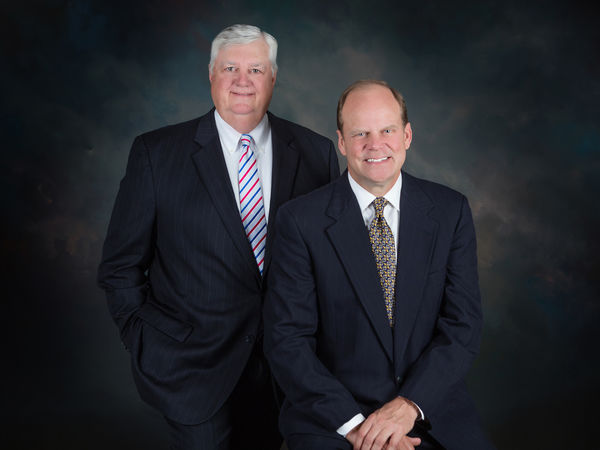



Murphy Business has announced the winners of its 2021 “Top Producers” and “Multi-Million Dollar Club” awards. We would like to…
Read More
Leading Business Brokerage Firm Presents Coveted Awards at Annual Conference CLEARWATER, FL – Murphy Business & Financial Corporation LLC (MBFC)…
Read More
Completes Deal with Installed Business Products, Inc. CLEARWATER, Fla. – Murphy Business & Financial Services LLC in Clearwater announced today…
Read More
Madison, NJ – Murphy Business, North America’s leading, full-service business brokerage firm with more than 125 offices in the United…
Read More
June 29, 2018 | Franchising.com North America's Leading Business Brokerage Firm Presents Coveted Awards at Annual Conference CLEARWATER, Fla. –…
Read More
July 2017 | Franchising.com Nation’s Premier Business Brokerage Firm Opens New Office to Meet Regional Demand ST. LOUIS –…
Read More
May 2017 | Franchising.com Murphy Business & Financial Corporation LLC Recognizes Best of the Best Names “Top Producers,”…
Read More
Nation’s Premier Business Brokerage Firm Opens New Office to Meet Regional Demand April 2017 | Franchise Harbor TOWSON, Md.…
Read More
March 2017 | Magicvalley.com KETCHUM — Neil Bradshaw of Ketchum has opened a new office in Ketchum for Murphy Business…
Read More